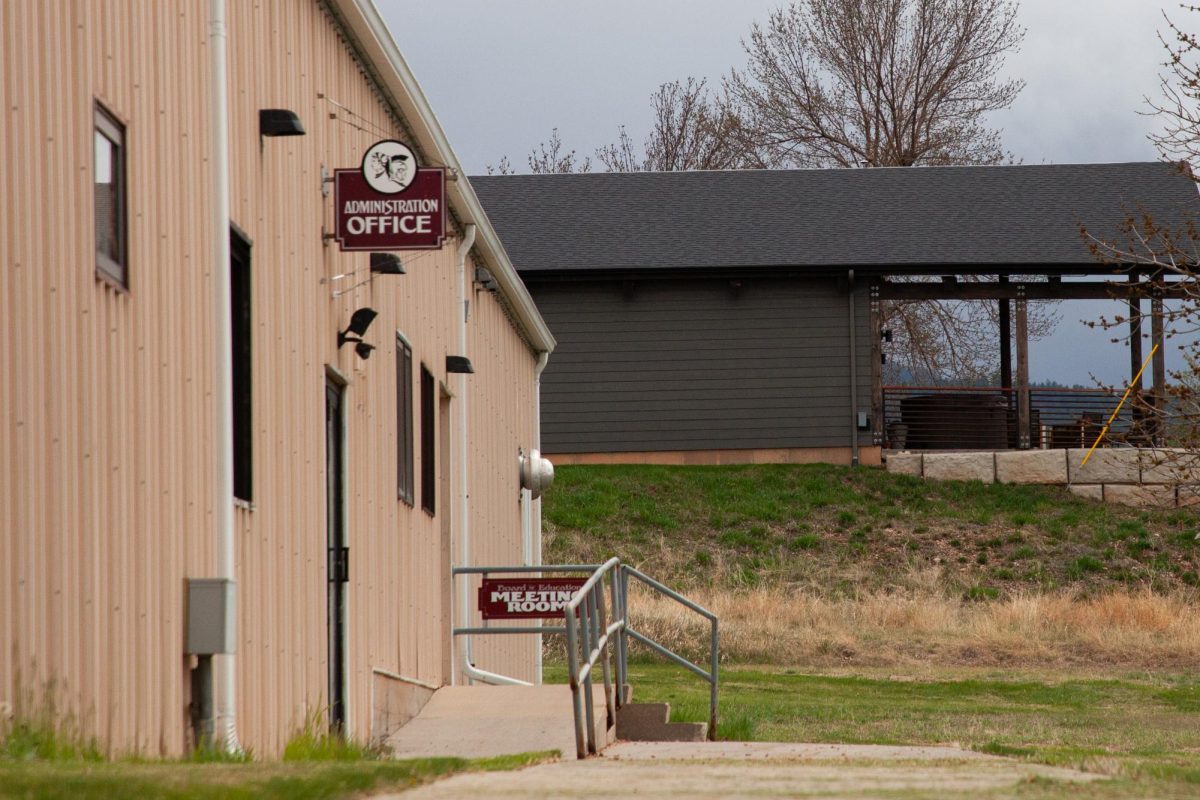This is not the first Trump Administration that the United States has lived through. Eight years ago, he held the same position he does today: the President of the United States of America. His Cabinet picks have always been arguably polarizing choices, but it seems this term, he is taking another step further.
Linda McMahon and Robert F. Kennedy Jr. have been sworn in as heads of the Department of Education (ED) and the Health and Human Services (HHS), respectively. Kennedy’s credentials include being a fitness fanatic and a member of an American political dynasty. McMahon was trained as a teacher in the 1960s, though she never worked as one, and owned the World Wrestling Entertainment company. She also contributed around $21 million to the Trump re-election campaign.
The president’s current plan for the ED is to gut it and “give power” back to the states. However, while things like curriculum, school districts and school boards are all decided by states, special education programs, school lunches, resource officers and many other things are federally funded.
To suddenly cut the funding to these programs could leave states grappling with how to fund and operate their own equivalent plans.
In 2022, South Dakota was ranked 35th in the country for education in a study conducted by Scholaroo, with college enrollment ranked 40th. Education is not the state’s draw, and with federal funding cut, this issue could be exacerbated to an extreme point.
Black Hills State University (BHSU), which has a large education program, is feeling this issue acutely. Regan Beert, an elementary education student at BHSU, who is doing her student teaching at Corral Drive Elementary School in Rapid City, has worries about the new administration’s approach to education.
“I’m concerned that we are losing support for teachers,” Beert said. “They’re making it harder to become teachers. We’re losing respect and resources. Funding is getting taken away because they just believe all these false narratives about public education. I worry Washington, [D.C.] is willing to just tear it down and not care about the kids.”
Project 2025 is the proposed presidential transition plan created by a right-wing think tank, The Heritage Foundation. While President Trump has never publicly aligned himself with Project 2025, he has enacted many executive orders and proposed policy changes that line up with the agenda outlined in Project 2025. This includes his plan for the education department.
Project 2025’s main goal for education at the federal level is to “eliminate” the ED. In choosing McMahon, a woman who has no experience in education and was hired to “put herself out of a job,” the president is doing just that.
“If you had a passionate educator who had experience and knew the ins and outs of public school in that position, I don’t think they could morally try and dismantle the [ED] the way that they are,” said Molly Amann, BHSU alum and fifth-grade teacher at Creekside Elementary in Spearfish.
Both teachers mentioned their fears about the privatization of education. “School choice” was the goal of the previous Trump administration’s ED. This would give families a “voucher” to pay for charter and private schools, giving “choices” to families, rather than just public schools. This appears to be what the administration is hoping for again; however, this time, the vouchers will be state-funded.
The allure of having choices of where students can be enrolled is strong, however, regulations around non-public schools vary greatly from public schools.
“They don’t have to accept students who have disabilities,” Amann said. “They don’t have to accept students who don’t speak English as a first language. They don’t have to accept students who are on 504s for behavioral issues. So the ultimate goal would be to get all of the kids with high test scores, great home lives, who come from good backgrounds, into the private schools and then leave the students with disabilities, behavioral concerns, who are in poverty, in the public schools, while that public school funding―the programs that help those specific students―are being taken away and given to charter and private schools.”
Public schooling and the teachers who work in these schools have been caught in the crossfire of the “culture war” in recent years. Potential fearmongering about what is being taught in public schools has opened the door to the White House’s plans.
In 2021, former governor, Kristi Noem brought in a retired professor from Hillsdale College, a religious university in Michigan, to rework South Dakota’s social studies curriculum. This change carried a price tag of $200,000 and was widely criticized by educators. The standards set were seen as complicated, rushed and politically motivated.
Now, with federal funding being cut, these standards, which were accepted in 2023, are becoming even more difficult to teach. Spearfish school board president, Ellen Plocek, has fears about the ED being dismantled, and what it means for education standards for teachers.
“I think the biggest change we just saw in the last month, and that was statewide, where they went through wanting social studies changed,” Plocek said. “They were going to train some of the teachers through the federal funding, and the federal funding got cut. The summer school possibilities for funding that are gone. Those people will not be trained.”
The fears surrounding the new administration are not all concerned with the road the White House is leading the ED down. Kennedy, as the Head of the HHS, is also sparking concern. Kennedy is a staunch “anti-vaxxer” and a believer in the debunked theory that vaccines cause autism. Earlier this month, the health secretary stated that, “Autism destroys families.”
“When we say that autistic children can’t do things, that’s when they can’t do things,” Beert said. “And that’s what’s happening with RFK saying these damaging things. Because autistic kids don’t tear apart families. They are valued and can succeed, and they do succeed.”
This comment, combined with his unscientific claims about vaccines, adds fear for public health to the mounting fears children and educators face. A measles outbreak that began in January of this year in Texas has crossed over 500 cases. The majority of the cases are unvaccinated children.
“Vaccinations being recalled and people exercising their right to not get vaccinated, it’s definitely concerning,” Amann said. “Schools are a cesspool of germs. I get sick twice a year, just with whatever is going around. If we continue to go the way where we don’t trust our public health officials and we don’t trust what science has proven, it’s going to be concerning.”
Some educators fear that the education of children will no longer be the priority in education. With the push for school choice, public schools in South Dakota are at risk of losing valuable funding that keeps kids safe and healthy.
“For children specifically, they just want safety and community,” Beert said. “And I think that’s getting taken away from them. Both like socially and politically. Children deserve to exist and take up space and have every right to be safe at school.”



